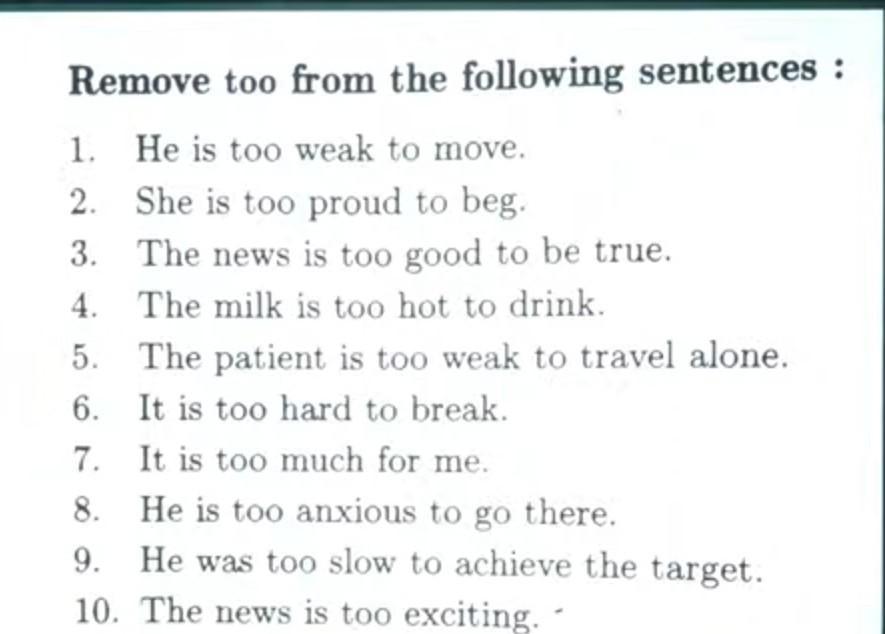The sum of the squares of three positive numbers that are consecutive multiples of 5 is 725. Find the three numbers.yeah myself hasini 10th class india
-
Subject:
Math -
Author:
haroldbuck -
Created:
1 year ago
Answers 2
[tex]\large\underline{\sf{Solution-}}[/tex]
Let assume that,
- First multiple of 5 be x
- Second multiple of 5 be x + 5
- Third multiple of 5 be x + 10
According to statement, sum of the squares of three positive numbers that are consecutive multiples of 5 is 725.
So,
[tex]\rm \: {x}^{2} + {(x + 5)}^{2} + {(x + 10)}^{2} = 725 \\ [/tex]
[tex]\rm \: {x}^{2} + {x}^{2} + 25 + 10x + {x}^{2} + 100 + 20x = 725 \\ [/tex]
[tex]\rm \: 3{x}^{2} + 30x + 125 = 725 \\ [/tex]
[tex]\rm \: 3{x}^{2} + 30x + 125 - 725 = 0\\ [/tex]
[tex]\rm \: 3{x}^{2} + 30x - 600 = 0\\ [/tex]
[tex]\rm \: 3({x}^{2} + 10x - 200) = 0\\ [/tex]
[tex]\rm \: {x}^{2} + 10x - 200 = 0\\ [/tex]
[tex]\rm \: {x}^{2} + 20x - 10x - 200 = 0\\ [/tex]
[tex]\rm \: x(x + 20) - 10(x + 20) = 0 \\ [/tex]
[tex]\rm \: (x + 20)(x - 10) = 0 \\ [/tex]
[tex]\rm\implies \:x = 10 \: \: or \: \: x \: = \: - \: 20 \\ [/tex]
Hence,
- First multiple of 5 = 10
- Second multiple of 5 = 10 + 5 = 15
- Third multiple of 5 = 10 + 10 = 20
Verification :-
First multiple of 5 = 10
Second multiple of 5 = 15
Third multiple of 5 = 20
So, Consider
[tex]\rm \: {10}^{2} + {15}^{2} + {20}^{2} \\ [/tex]
[tex]\rm \: = \: 100 + 225 + 400 \\ [/tex]
[tex]\rm \: = \: 725 \\ [/tex]
So, sum of the squares of three positive numbers that are consecutive multiples of 5 is 725.
Hence, Verified
[tex]\rule{190pt}{2pt}[/tex]
Additional information :-
Nature of roots :-
Let us consider a quadratic equation ax² + bx + c = 0, then nature of roots of quadratic equation depends upon Discriminant (D) of the quadratic equation.
- If Discriminant, D > 0, then roots of the equation are real and unequal.
- If Discriminant, D = 0, then roots of the equation are real and equal.
- If Discriminant, D < 0, then roots of the equation are unreal or complex or imaginary.
Where,
- Discriminant, D = b² - 4ac
-
Author:
elisek0f1
-
Rate an answer:
12
Answer:
your solution is as follows
pls mark it as brainliest
Step-by-step explanation:
[tex]to \: find : \\ three \: consecutive \: multiples \: of \: 5 \\ \\ let \: the \: three \: consecutive \: \\ multiples \: of \: 5 \: be \\ 5x,5(x + 1),5(x + 2) \\ \\ according \: to \: given \: condition \\ (5x) {}^{2} + [5(x + 1)] {}^{2} + [5(x + 2)] {}^{2} = 725 \\ \\ 25x {}^{2} + 25(x + 1) {}^{2} + 25(x + 2) {}^{2} = 725 \\ \\ 25[x {}^{2} + (x + 1) {}^{2} + (x + 2) {}^{2} ] = 725 \\ \\ x {}^{2} + (x + 1) {}^{2} + (x + 2) {}^{2} = 29 \\ \\ x {}^{2} + x {}^{2} + 2x + 1 + x {}^{2} + 4x + 4 = 29 \\ \\ 3x {}^{2} + 6x - 24 = 0 \\ \\ x {}^{2} + 2x - 8 = 0 \\ \\ x {}^{2} + 4x - 2x - 8 = 0 \\ \\ x (x + 4) - 2(x +4 ) = 0 \\ \\ (x + 4)(x - 2) = 0 \\ \\ x = - 4 \: \: or \: \: x = 2 \\ \\ but \: as \: given \: numbers \: are \: positive \\ x = - 4 \: is \: absurd \\ \\ x = 2[/tex]
[tex]so \: then \\ 5x = (5 \times 2) = 10 \\ \\ 5(x + 1) = 5(2 + 1) = 5 \times 3 = 15 \\ \\ 5(x + 2) = 5 \times (2 + 2) = 5 \times 4 = 20 \\ \\ thus \: required \: numbers \: are \\ 10,15 \: and \: 20[/tex]
-
Author:
payten5kwo
-
Rate an answer:
1

